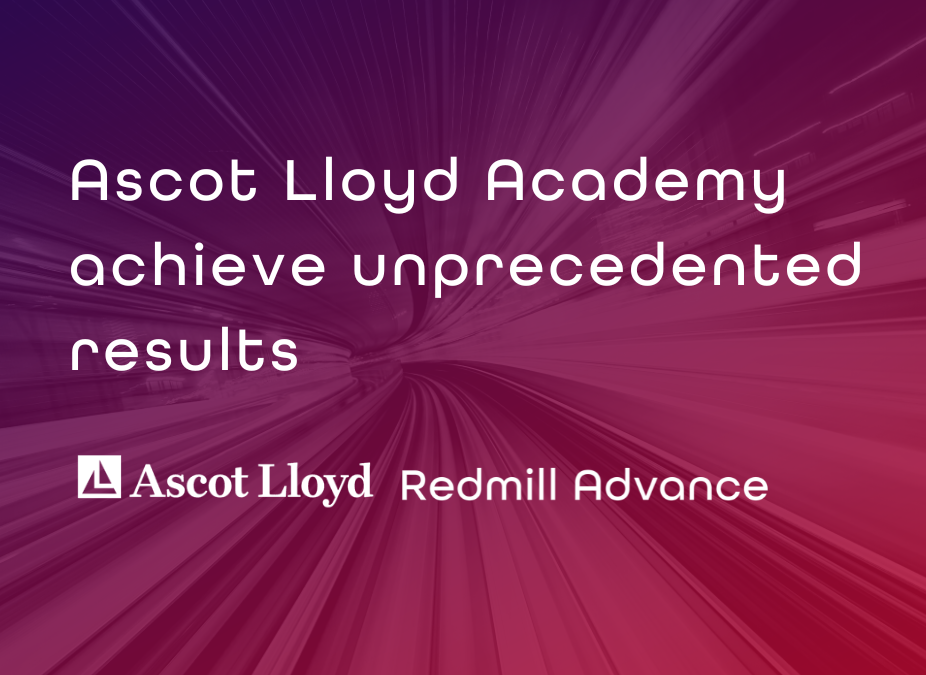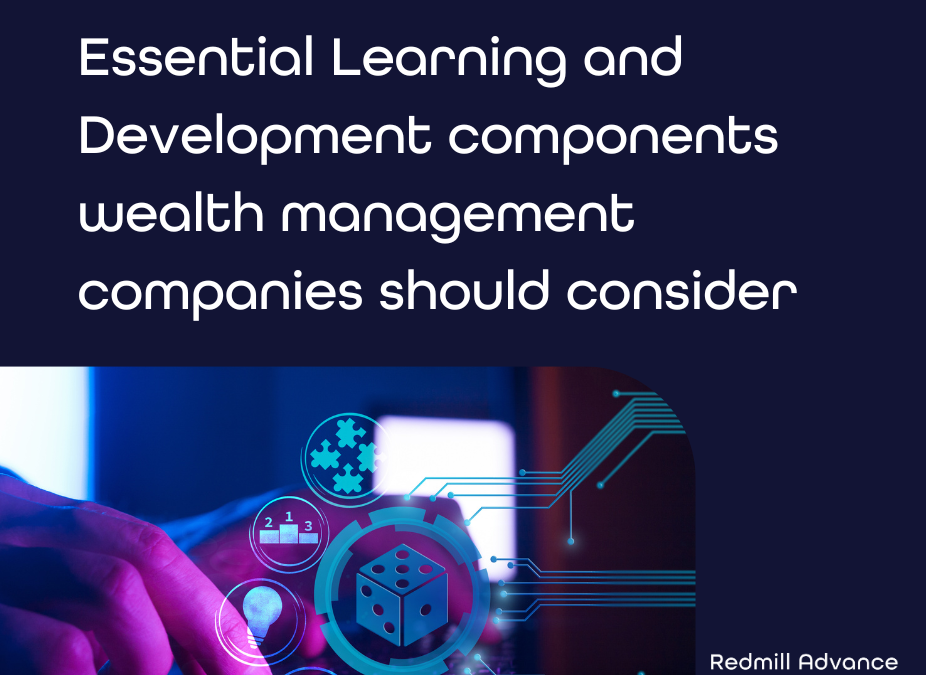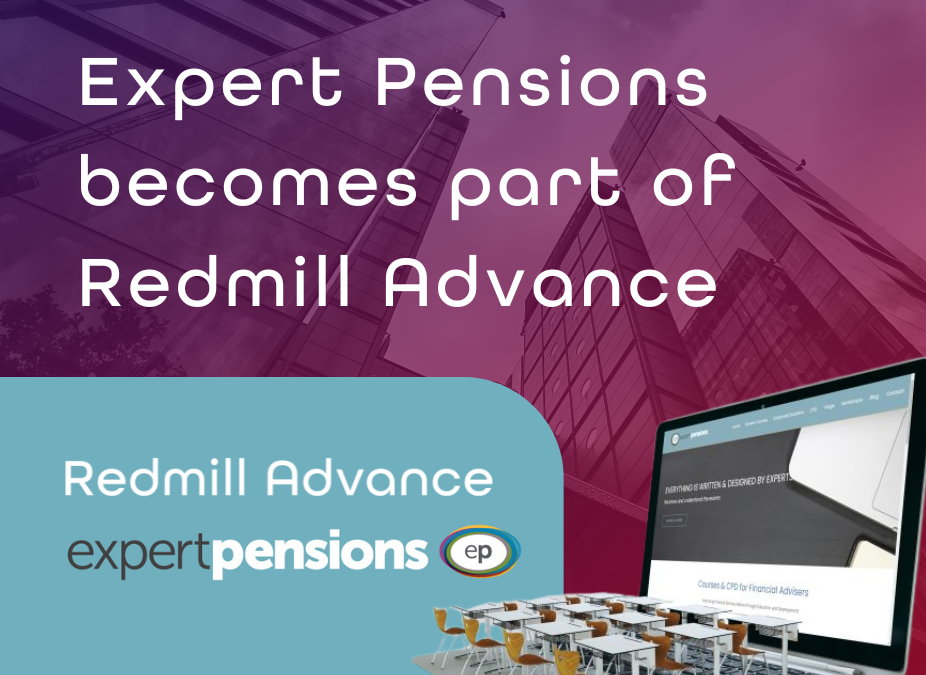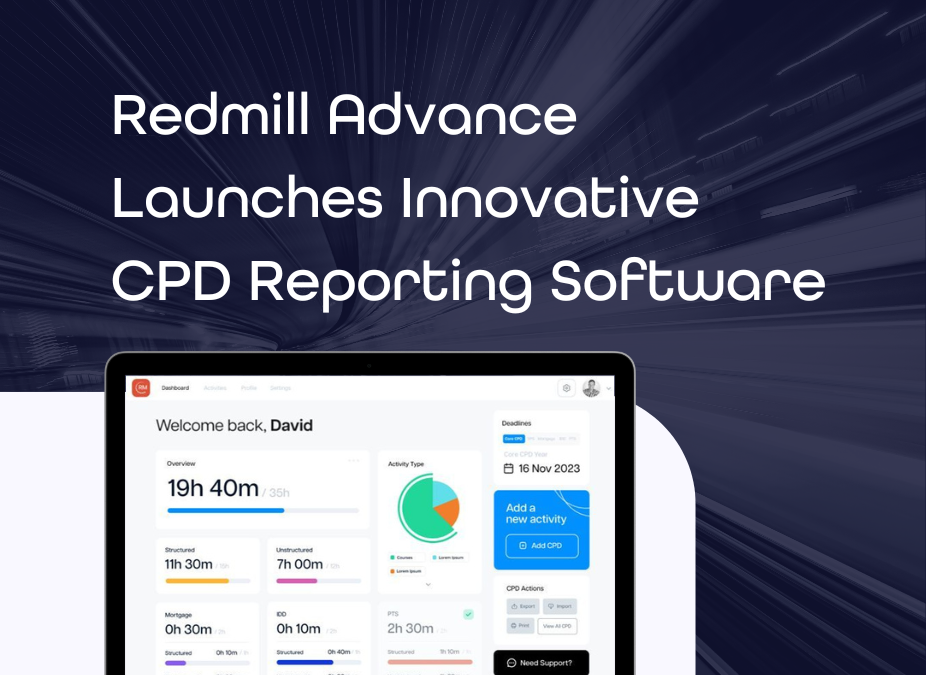At first glance, you might think the content from your learning provider or CII books from Diploma to Advanced diploma look somewhat similar, and you’d be right. But what you need to understand is HOW you are being assessed.
In this article, Angelo Kornecki, Technical Director at Redmill Advance will take you through what to look out for when it comes to your AF exams and what the examiners will be assessing you on.
There are many similarities between the R papers and the AF’s however there are many differences.
The main similarity is in the content – overall the content is the same. It is presumed/advised that before you attempt an advance paper that you have studied the corresponding R. After all, a pension is a pension, and income tax is income tax, no matter what level of exam you are sitting.
Let us take a little deeper dive into this as it’s important to understand the type of exam you are attempting, as knowing how you will be examined will certainly help you structure your study accordingly to best suit the type of exam.
So, the R papers. As we know these are multi-choice split between 1 and 2 hours and between 50 and 100 questions depending on the paper. Don’t be fooled by the idea of multi-choice. They are not easy and nor should they be. They are set a level 4 (roughly first-year undergraduate degree level for a quick/crude comparison). R05 is set at level 3 (A-Level standard).
The examiner wants you to do 3 things in these exams:
- Analyse – examine (something) methodically and in detail, typically in order to explain and interpret it
- Understand – perceive the intended meaning of what’s been written
- Apply – to engage in a task with close attention or persistence
Differences:
The advanced diploma exams are different. First of all, they are written papers each 3 hours long based on a set number of questions typically set to case studies. They are set to level 6 (roughly third year undergraduate degree level).
So, what is the difference between level 4 and level 6?
The answer is in what the examiner wants you to be able to do. At level 4 we are asked to understand concepts, apply a principle, or analyse a characteristic all based on specific topics and questions. At level 6 you are required to do all of this and then some. In particular to evaluate and determine the complex needs of clients based on your detailed understanding and analysis of the subject matter. What this really means is not just learning something and applying it and answer a question but taking a client situation, weighing up the pros and cons, and recommending an appropriate solution specific to them based on your knowledge of the topic (e.g. the main principles on how to construct an investment portfolio or the taxation of various pension income options).
Understanding this can really help when you are studying and practising for those advanced exams. Knowing that you will not just be asked to understand something but instead be able to then apply that knowledge to a “real life” situation (level 6) and recommend a course of action can help focus you on the depth of knowledge you need to have.
A great tip is to create client scenarios around a particular subject and try to produce recommendations and do not forget to justify your answers…i.e., why would that be the right solution for that particular client.
Good luck as always
Angelo Kornecki
Technical Director
Redmill Advance
———————————–
Need extra study support?
For those aiming towards Chartered Advisor status, our experts have written material that cuts straight to the core of learning. Supported by our Head of Learning and Development, you can expect structured weekly learning with assignments that will prepare you for your exams. Check out our courses below:




